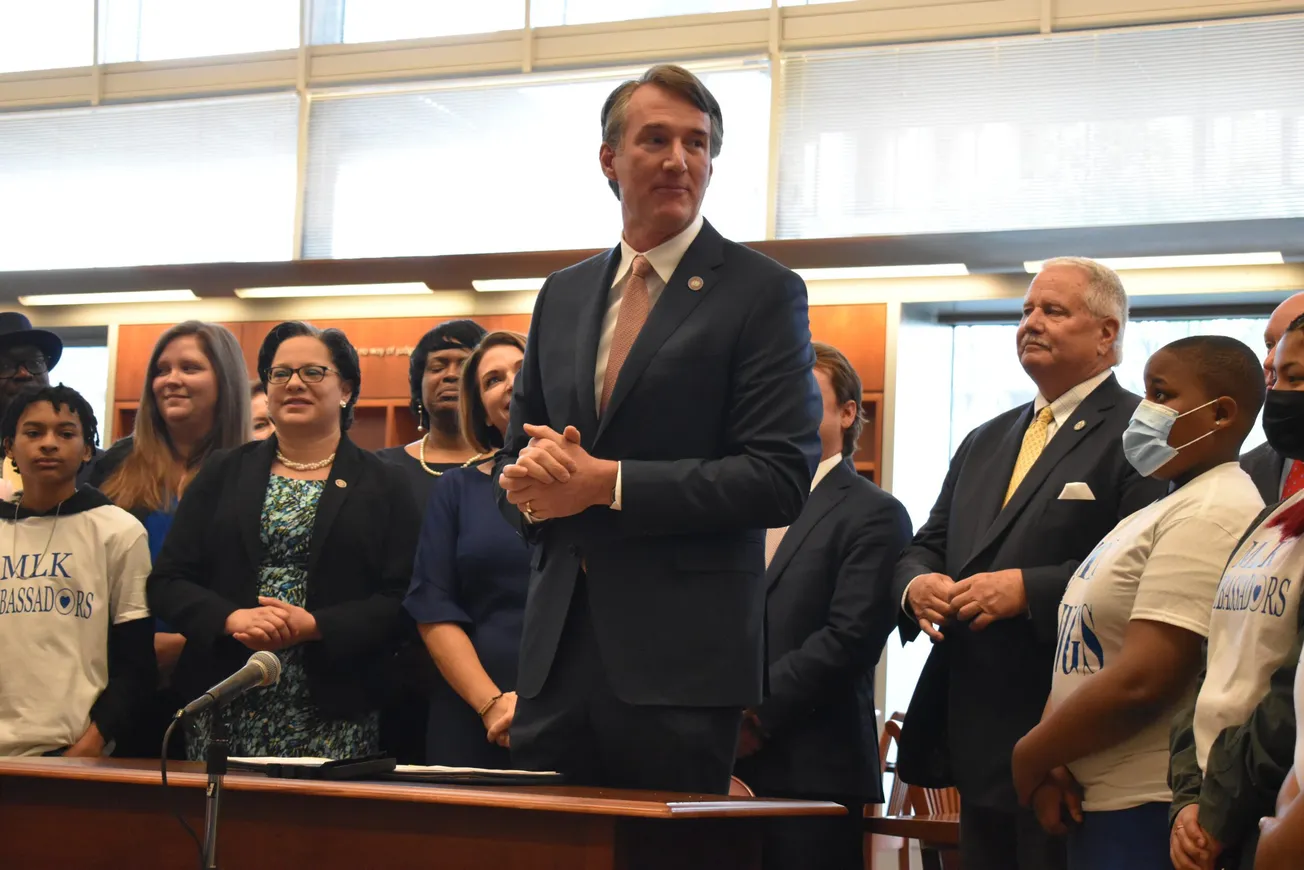Related

Central Virginia hospitals encourage masking for respiratory symptoms as flu cases rise
With flu cases and hospitalizations surging across the nation and in Virginia, a number of Central Virginia hospitals and health systems are urging people who may be sick to wear masks in those facilities. In a joint statement issued by HCA Virginia, Bon Secours Mercy Health, VCU Health, Centra, UVA
Click here to read more
Henrico PAL honors youth, advocates
From his childhood growing up in Oakland, California, Antonio Davis went on to travel the world, play 16 years of pro basketball, and rack up a career total of more than 9,000 points and 6,700 rebounds on four NBA teams. But as he told a crowd of Henrico
Click here to read more
As flu cases continue to spread, Henrico healthcare providers warn: 'We're still very much in the woods'
If you’re feeling under the weather, with a runny nose, cough, congestion, fever or fatigue, you’re not alone. Healthcare practitioners around Henrico County are seeing an increase in people checking into clinics and emergency rooms with flu-like illnesses and more people testing positive for flu, with a predicted
Click here to read more
33-year-old Glen Allen man dies in crash
A 33-year-old Glen Allen man died when he crashed his car on Woodman Road just before 7 p.m., Jan. 11. According to an initial investigation by Henrico Police officials, Cody Lee Page was tailgating another vehicle heading north on Woodman Road when he attempted to pass it on the
Click here to read more
